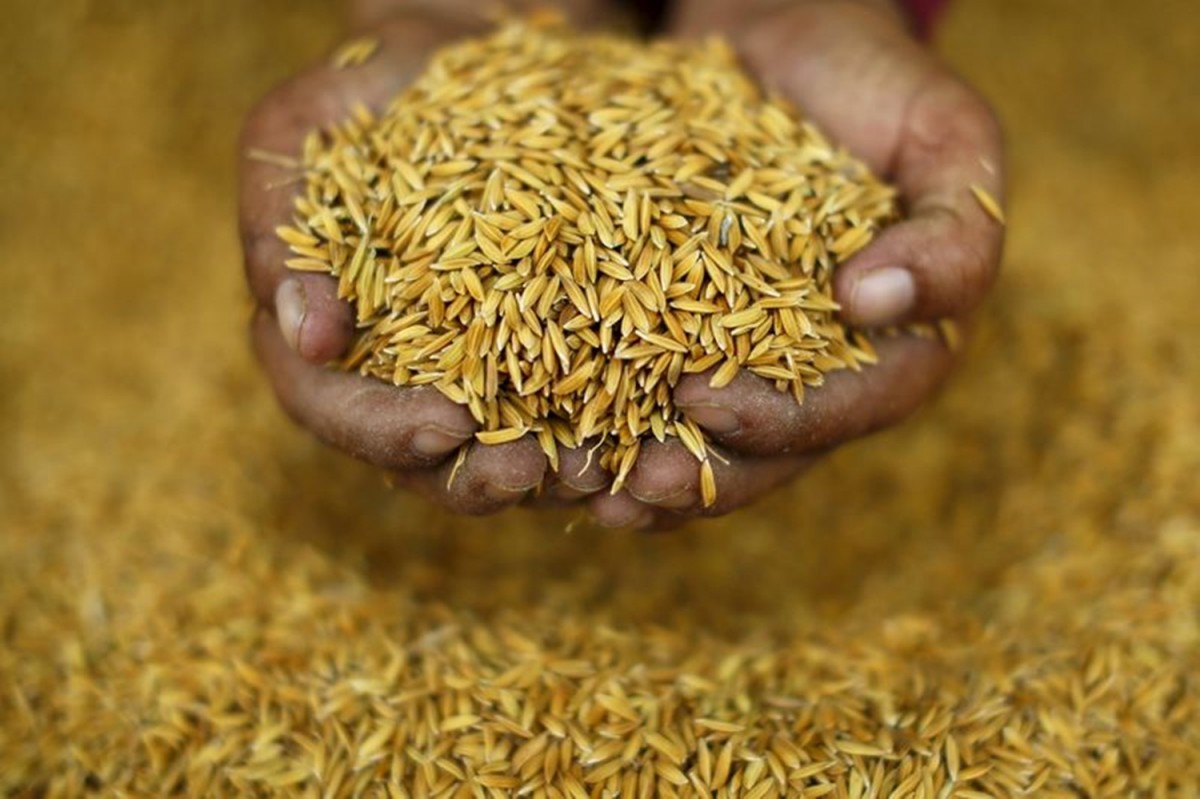
Featured image: Khadar Valli Dudekula. Photo: www.manavata.org
Khadar Valli Dudekula has been awarded the Padma Shri for his contribution to science. Although it was known that his dietary recommendations are mostly not evidence-based, there was no compelling reason to formally critique his views. Now that the Union government has honoured him with a high civilian award, public interest requires that his claims be examined.
First, a little background. Human diets are hard to study. While long term controlled experiments are impractical, observational studies are haunted by too many confounding variables. Chemistry of foods can provide valuable hints on what a specific food item might do to the body. But, these hints are not directly translatable into dietary recommendations. Given these inherent difficulties, the best dietary guidelines are those that synthesise information from multiple sources in a way that is culturally acceptable to the target population.
Yet, even such recommendations are far from being inviolable. Good food scientists are therefore never cocksure about the results that their observations and experiments throw up. Attention-grabbing headlines are never on their agenda and drastic changes in settled dietary habits are seldom suggested.
The millet-centric food recommendations by Khadar Valli, however, are antithetical to the aforementioned practices of scientific prudence. He is certain about his recommendation that millets must replace rice and wheat as the staple cereals. A much publicised pamphlet even claims that “he has shown millets can cure almost every conceivable disease including cancer!” Such a sweeping claim is supported by not a single peer-reviewed paper in a reputable journal. Relevant data in other academic repositories is not available either.

Khadar Valli’s justification for his ire against rice and wheat is that “these grains have lost their nutritional value owing to hybridisation. Chemical fertilisers have further worsened their quality.” He abhors non-vegetarian foods too. “Meat of any kind is not the food of humans,” he asserts.
While he has no qualms about suggesting homeopathic remedies in select conditions, his attitude towards ayurveda is marked by an intriguing ambivalence.
As a medical system, ayurveda has been in use among Indians for close to three millennia. Its dietary recommendations have been shaped by and have in turn shaped India’s food culture. Such a vast body of systematised knowledge would be a treasure trove for any food scientist.
As Walter Willet, the primary author of the EAT-Lancet Commission report on healthy diets notes, “The first thing is to look at the traditional cultural diets that people evolved with, identify the best part of those diets, and then tweak the rest of them to be even healthier and more sustainable.”
Also read: Ayurveda Needs an Intellectual Reinvention
Khadar Valli however appears to pay scant attention to ayurveda and its guidelines. While he does endorse a few herbal drugs, he does not necessarily adhere to the ayurvedic ways of prescribing them. The ayurvedic way of making kashayas, for instance, requires the boiling of dried herbs in a specific quantity of water. Khadar’s formulation stipulates that fresh leaves be used instead.
Even more glaring is the disagreement of Khadar’s dietary guidelines with those of classical ayurveda. Ayurveda highly recommends the use of rice and wheat (whole grains) as staple cereals. It does not fancy the regular use of millets and expressly calls some of them kudhanya (literally, inferior grains)
Khadar’s strict vegetarianism also finds no endorsement in the ayurveda texts. An entire section called mamsa-varga is devoted to the study of non-vegetarian foods. A few types of meat have been suggested for regular use as well. Most pertinently, ayurveda cautions that drastic changes in settled dietary habits are injurious to health.
Khadar Valli’s dietary and medical prescriptions thus have a basis neither in current scientific literature nor in classical ayurveda texts. They fall between two stools.
Anecdotes and testimonies publicised by his enthusiastic followers are, of course, abundantly available. In a situation like this, the government could have asked its research centres to carefully study his claims. Instead, it has jumped the gun and hastily endorsed his work by conferring the Padma Shri and that too, in the science category.
G.L. Krishna is an Ayurveda physician and Homi Bhabha Fellow. He is also a visiting scholar at the Indian Institute of Science, Bengaluru. His email is krishnagl@iisc.ac.in.

